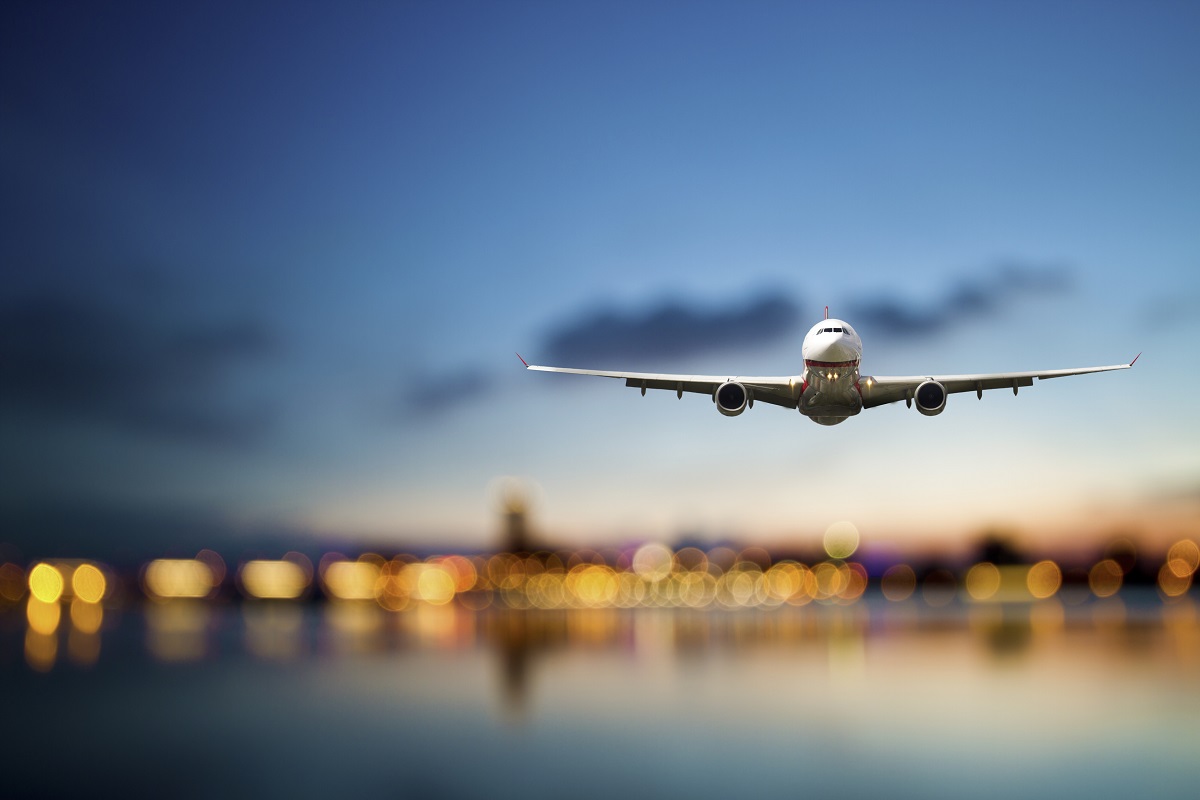There must be some logic to the decision taken by the West Bengal government banning flight arrivals from Delhi, Mumbai, Pune, Chennai, Nagpur and Ahmedabad, first announced from July 6 and now extended until 31 July.
But if there is, it has not been explained adequately except to say that the decision has been taken in “view of the current situation” by which we must understand that the virus outbreak is deemed so severe that travellers from these cities pose a risk to the residents of West Bengal.
This may make sense if it were not for other facts in the public domain, and therefore quite easily available to those responsible for the decision.
First, checks at Kolkata airport for incoming passengers are so cursory that they beggar belief.
Incoming passengers are subjected to a temperature check but when an entire planeload of people makes a beeline for the exit, the health worker on duty is barely able to cope and several travellers easily slip through. In short, while concern for public health is manifest on paper, it is cursory on ground.
Second, while direct flights have been stopped, those coming from the cities deemed to be hot spots via cities West Bengal deems safe continue to operate.
Thus, Spicejet on its website offers three connections from Delhi to Kolkata on 22 July, two via Patna and one via Guwahati. Similarly, the airline offers three connections from Chennai, one each via Guwahati, Bengaluru and Hyderabad. On a travel aggregator, Cleartrip’s site, a connection is offered from Mumbai to Kolkata on Air India via Hyderabad. The same site offers two connections from Pune to Kolkata, via Bengaluru on Air Asia and via Hyderabad on Air India.
If a passenger from Ahmedabad or Nagpur is determined to travel to Kolkata, she or he can purchase two tickets – one to a city deemed safe and thence to Kolkata – and make the journey.
Thus, while air travel from the “proscribed” cities has been made more cumbersome and considerably more expensive, it is by no means impossible. This effectively defeats the purpose of the ban. The experience with migrant workers who reached their destinations during a complete lockdown ought to tell those in authority that people will find a way to get from one place to another despite all restrictions.
Governments should work towards making life easier for people in difficult times.












